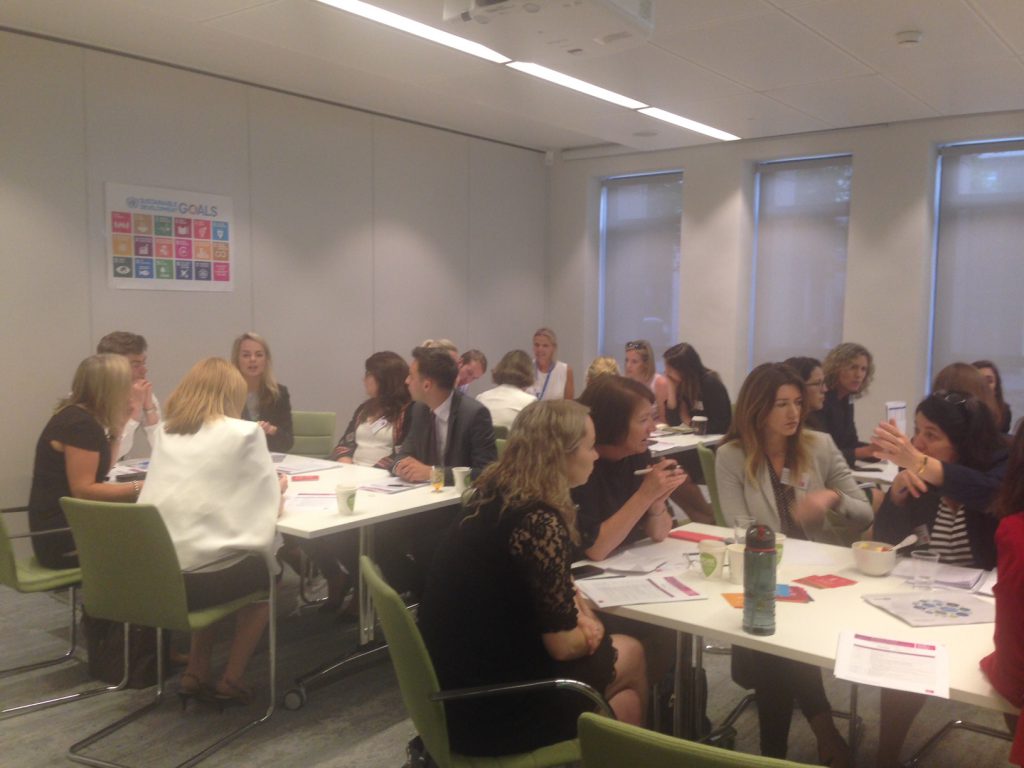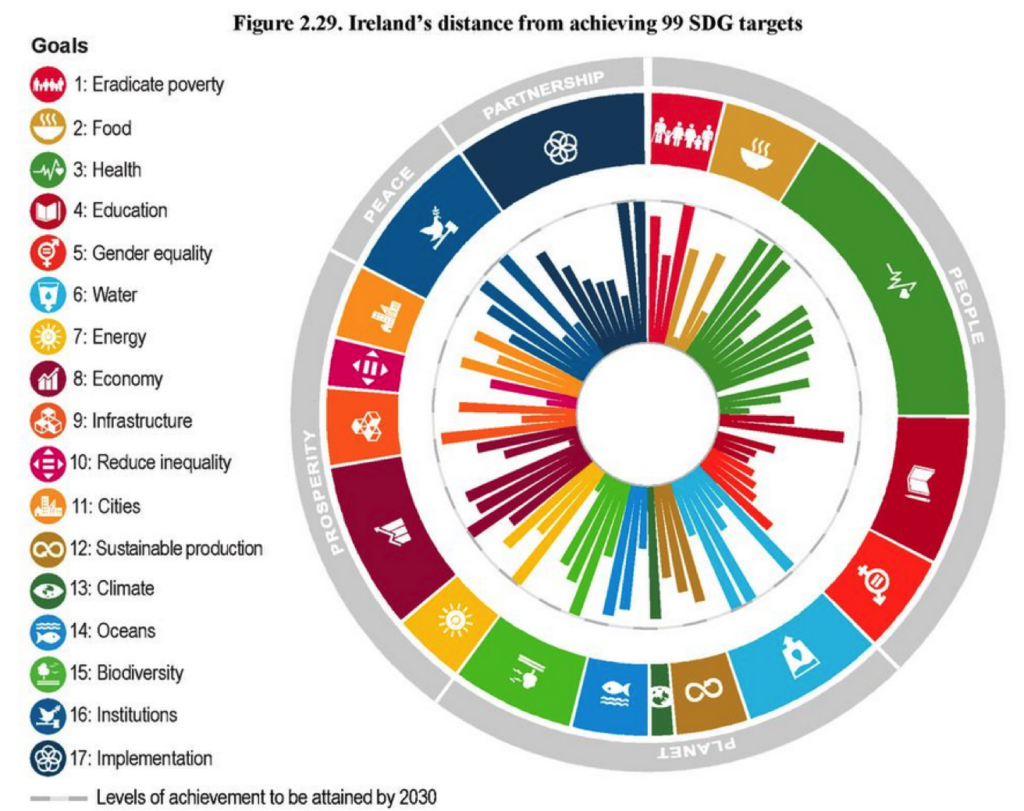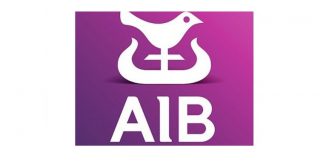SDGs Series: How can business advance the Sustainable Development Goals?
Following on from our first article on the Sustainable Development Goals and Business this month we look at what are the goals most prioritised by business. We also want to highlight our upcoming SDGs workshop.
This year marks four years since the United Nations member states unanimously agreed on the Sustainable Development Goals (SDGs) as a blueprint for peace and prosperity for people and planet by 2030, a deadline that is starting to loom ever larger on the horizon. While ultimately it is governments who are being asked to deliver the SDGs, by applying creativity and innovation, businesses have a vital role to play in contributing to the achievement of the Goals. Commitment from the business isn’t just good for society, it’s good for business.
In a recent PwC Report, the most selected goals for business have been identified as Decent work and economic growth (SDG8), Responsible Business Consumption and Production (SDG12) and Climate Action (SDG13). As there are already mature mechanisms and frameworks in place for these three goals this may be considered as business as usual rather than understanding the impact and opportunity at the target the level. The average company prioritises 7 of the 17 goals and business potential to impact certain goals are being overlooked. Life Below Water (SDG14), Zero Hunger (SDG2), No Poverty (SDG1) and Partnership for the Goals (SDG17)
The most prioritised Goals for businesses
Decent Work and Economic Growth (SDG8)
which most companies can act on: Targets include: higher levels of economic productivity through diversification, safe working conditions, technology upgrading and innovation and substantially reducing the proportion of youth not in employment, education or training. See BITCI Business Action on Education and Employment Programmes & the Inclusive Employer Blueprint.
Climate Action (SDG13)
A goal business can approach with confidence as it is about reducing carbon emissions, mobilising financial resources, increasing education and promoting mechanisms to help effective climate change related planning and management in the least developed countries. Companies with less enthusiasm commit to Affordable Clean Energy (SDG7) even though they may have energy efficient programmes already in place.
Responsible Consumption and Production (SDG12)
This goal offer companies clear direction in the form of substantially reducing waste generation through prevention, reduction, recycling and reuse. It also encourages large companies to adopt sustainable practices and to integrate sustainability information into their reporting cycle and to ensure that people have the relevant information and awareness for sustainable development and lifestyles in harmony with nature.
We are starting to see multiple sector collaboration through the Circular Economy, Technology Innovation, Origin Green Programme, Retail Action Groups against food waste and plastics.
Good Health and Wellbeing (SDG3)
Some of the key targets for this SDG may only be a priority for healthcare or pharmaceutical companies, such as ending the epidemics of AIDS, tuberculosis, malaria and neglected tropical diseases and combat hepatitis, water-borne diseases and other communicable diseases.
Meanwhile, automobile, insurance and technology companies can play a part in halving the number of global deaths and injuries from road traffic accidents. Other targets, however, should command the focus from all companies. These include reducing premature mortality from non-communicable diseases through prevention and treatment and promoting mental health and wellbeing and achieving universal health coverage, including financial risk protection and access to quality essential healthcare services.
Industry, Innovation and Infrastructure (SDG9).
The main target is to develop quality, reliable, sustainable and resilient infrastructure to support economic development and human wellbeing – an obvious opportunity for the industrial and construction sectors. However other targets under this gial offer opportunities for many different types of business to play a role. They offer an incentive to financial services to support small-scale industrial and other enterprises, in particular in developing countries, by extending affordable credit. And they call on technology and telecoms companies to significantly increase access to information and communications technology and strive to provide universal and affordable access to the Internet in the least developed countries by 2020.
Fully respecting human rights is one of the most fundamental ways businesses can help to realise the SDGs – and to remove significant barriers to social inclusion and global development. It’s also important to help address critical mega-trends such as climate change, resource depletion, demographic shifts, migration and urbanisation, corporate governance and the low level of awareness o the SDGs in Ireland.
Businesses cannot realise the SDGs alone, but they can play a crucial role as a source of finance, as drivers of innovation and as engines of economic growth and employment,
Integrating the SDG’s into your business strategy
In order to align the SDGs with your strategy, participation from a number of business units is required from the CEO office, sustainability teams, strategy, communications, finance, R&D to the legal dept. BITC can support the facilitation of this workshop, which will normally take one day with various breakout sessions
The 17 goals and their 169 related targets might feel overwhelming at first, but business should ask:
“Where can we make the most meaningful contributions?
and have the most significant impacts?”
It’s also important to recognise that each global geography has its own unique mix of SDG challenges. And it’s always worth engaging in open and constructive collaboration with civil society organisations, academia, and governments
1. Conduct a materiality assessment to identify the topics that reflect the business economic, environmental and social impacts this includes reaching out to all decision-makers and stakeholder groups
2. SDG workshop to Identify the business impact within your operations and value chain on society and the environment and map the priorities to the most relevant SDG goals and targets. Link the SDGs to the identified material topics and strategy (both positive and negative)
3. Once the impacts have been identified, the relevant SDGs can be chosen, this step will help you find the right targets to steer sustainable development performance and drive innovation. Specifically, goals should be selected based on their relevance for your operations and its activities. The SDG Industry Matrices from the United Nation Global Compact can serve as a guide.
4. The most important and challenging part is to measure the results of the chosen SDGs. Measurement should be done with a selection of KPIs which should be linked to the current business strategy and objectives. A useful tool for this has been developed by SDG Compass, which links all 169 targets with indicators from internationally recognised standards such as GRI G4 and the CDP Benchmark.
5. We will only reach the transformative ambitions of the SDGs through pioneering collaboration, with sector peers coming together to plot a new course focused on a common SDG vision for their industries. We encourage companies to collaborate on the development of ‘roadmaps’ to guide your industry’s shift to sustainable development
6. Report and communicate on your own sustainable development performance to increase transparency and raise awareness of the SDG’s with all stakeholders.
How we can support you
We target the realisation of the Goals through our core service offerings which have been aligned to the SDGs. This includes strategy, education, training and events programmes, as well as the Business Working Responsibly Mark, our Business Action on Education and Employment programmes and all marketing communications.
As a member you can also sign up to the Low Carbon Pledge, attend our many environmental workshops, and participate in our working groups on becoming an Inclusive Employer.
Key service offerings:
- Baseline reviews – across five pillars of your business: Governance, Workplace, Marketplace, Environment and Community
- Facilitate SDGs workshops with member companies to align business strategy to the Goals
- Facilitate sector collaboration with multiple stakeholders including work as part of the Leaders’ Group on Sustainability, and active members of the CSR Forum
UPCOMING EVENT: a workshop on Integrating SDGs in your business strategy is taking place on 27th June. Find out more.
Contact your Account Manager if you would like support on the SDGs.
If you are not a member please contact our Membership Executive Lorraine O’Toole lotoole@bitc.ie or learn more about the benefits of joining our Network.
Tags:








